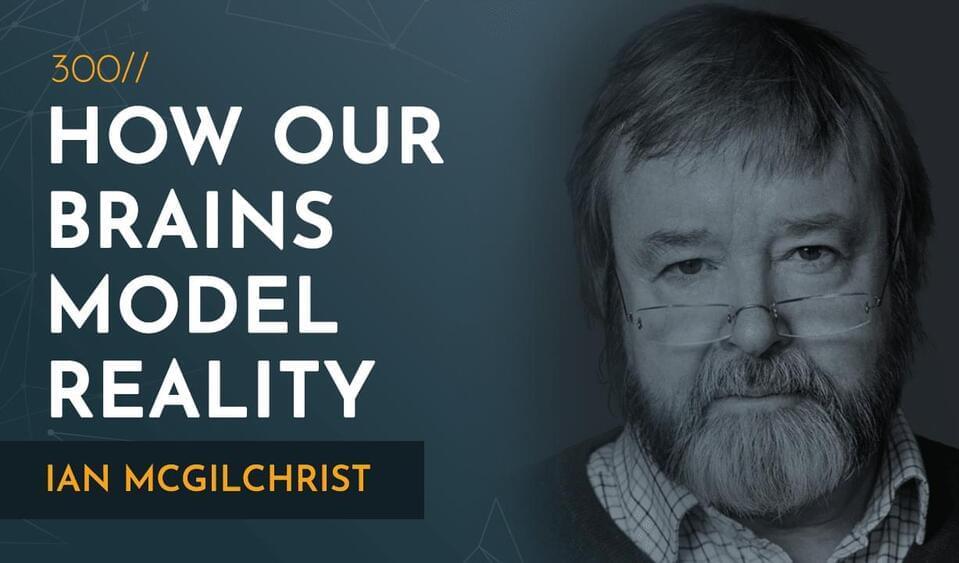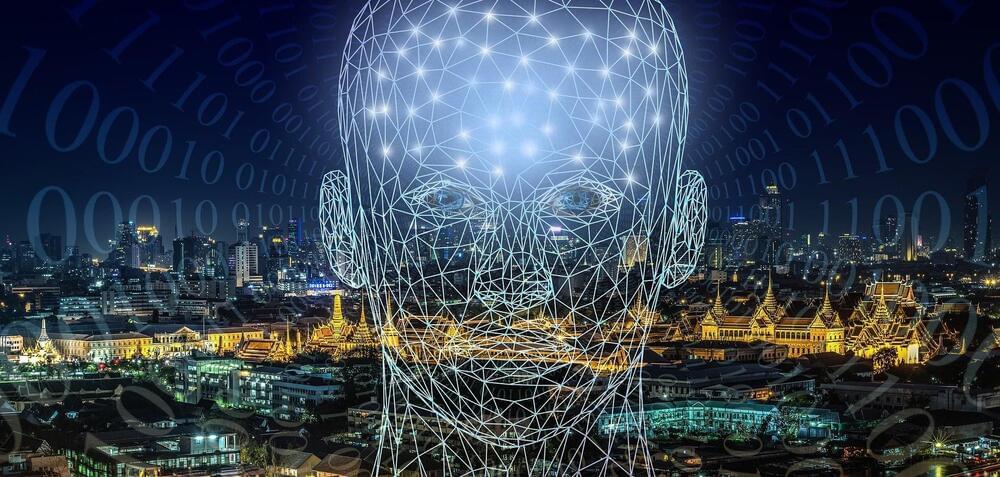Iain McGilchrist explains how we have misunderstood the nature of reality by over-relying on the left-hemisphere with its incomplete models of the world.



A wiring map diagrams more than half a million neuronal connections in the first complete connectome of Drosophila and holds clues about which brain architectures best support learning.
GPT, one of the most interesting and important developments in the world of #artificialintelligence. In this video, we will talk about #GPT3 and the upcoming version #GPT4 next week! Also we will discuss how #GPT5 could look like. in addition, We will explain what #GPT is, what it is used for and why it can be a threat for us.
GPT stands for Generative Pre-trained Transformer. It is a deep learning model that is trained on a huge amount of text, making it capable of understanding and generating human language. GPT can be used for various applications such as text generation, translation, summarization, chatbots, and much more.
Although GPT-4 has yet to be released, we can already start speculating about what GPT-5 might look like and what it might be able to do. GPT-5 will likely have trillions of parameters, which means it can process even more data and produce even better results and maybe even be self-aware… #samaltman #microsoft #openai #selfaware #selfconscious #selfawareness #openai #chatgpt #aiscarystories #scarystories #scarystory #realstories #realscarystories #truestories #truestory #creapystories #AIScarystory #AIHorror #artificialintelligence #scaryai #scaryartificialintelligence #trueaiscarystories #truescarystories.
🤖My channel:
About AI Scary Stories 🕯️ 📹Videos about (True) Scary AI Topics, AI disasters & threats and other thrilling new AI events ✍️ Written, voiced and produced by AI Scary Stories 🔔 Subscribe now for more (True) Scary AI Topics, AI disasters & threats and other thrilling new AI events Watch More from AI Scary Stories 🟢 (True) Scary Stories: • Scary AI Conversa…
🟠 Scary AI-Art: • Horrible Fates by…
🔴 Horrible Fates By AI: • Horrible fates by…
💼 Business Inquiries and Copyright Questions.


I really love this.
Boeing and NASA have teamed up to radically redesign wings on commercial airliners.
The Transonic Truss Based Wing is about 50 percent longer and much thinner, improving fuel efficiency by 10 percent, and reducing the cost and emissions of future airliners.
Seems a fairly simple change with significant benefits, are there any downsides?
How Boeing and NASA may reinvent the wing to reduce the cost and emissions of air travel.
Premium Robots: https://taimine.com/
Deep Learning AI Specialization: https://imp.i384100.net/GET-STARTED
GPT-4 from OpenAI has launched, as a multimodal AI capable of taking 25,000 tokens as input, makes it the most powerful consumer facing artificial intelligence model on earth.
AI news timestamps:
0:00 GPT-4 intro.
0:30 Pricing.
0:58 Improvements and scoring.
2:01 GPT-4 example applications.
2:57 GPT-4 vs ChatGPT
3:48 GPT-4 further functionality.
5:56 GPT-5 future implications.
7:29 Is GPT-4 already AGI?
#ai #technology #tech

We posed these questions to GPT-4:
How can we address the often wide gap in perception of reality and adherence to the laws of the physical world when so many people prefer to imagine their afterlife instead of focusing on the life they are living now?
What are your thoughts on the viability of religion to provide people guidance during exponential times such as we are in now?

Algorithms are complex mathematical formulas used to perform tasks in our digital world. They are programmed to process information, make decisions, and take actions. Algorithms are used in various applications, such as search engines, social media, autonomous vehicles, and digital assistants.
But not all algorithms are innocent. Some algorithms have a sinister #scary side that poses a threat to our privacy, our freedom, and our humanity… #aiscarystories #aihorrorstories #scarystories #scarystory #horrorstories #horrorstory #realstories #realhorrorstories #realscarystories #truestories #truestory #creapystories #AIScarystory #AIHorror #artificialintelligence #scaryai #scaryartificialintelligence #trueaiscarystories #truescarystories.
🤖My channel:
About AI Scary Stories 🕯️ 📹Videos about (True) Scary AI Topics, AI disasters & threats and other thrilling new AI events ✍️ Written, voiced and produced by AI Scary Stories 🔔 Subscribe now for more (True) Scary AI Topics, AI disasters & threats and other thrilling new AI events Watch More from AI Scary Stories 🟢 (True) Scary Stories: • Scary AI Conversa…
🟠 Scary AI-Art: • Horrible Fates by…
🔴 Horrible Fates By AI: • Horrible fates by…
💼 Business Inquiries and Copyright Questions.
• For business inquiries, copyright matters or other inquiries please contact us at: [email protected].
⚠️ Copyright Disclaimers.